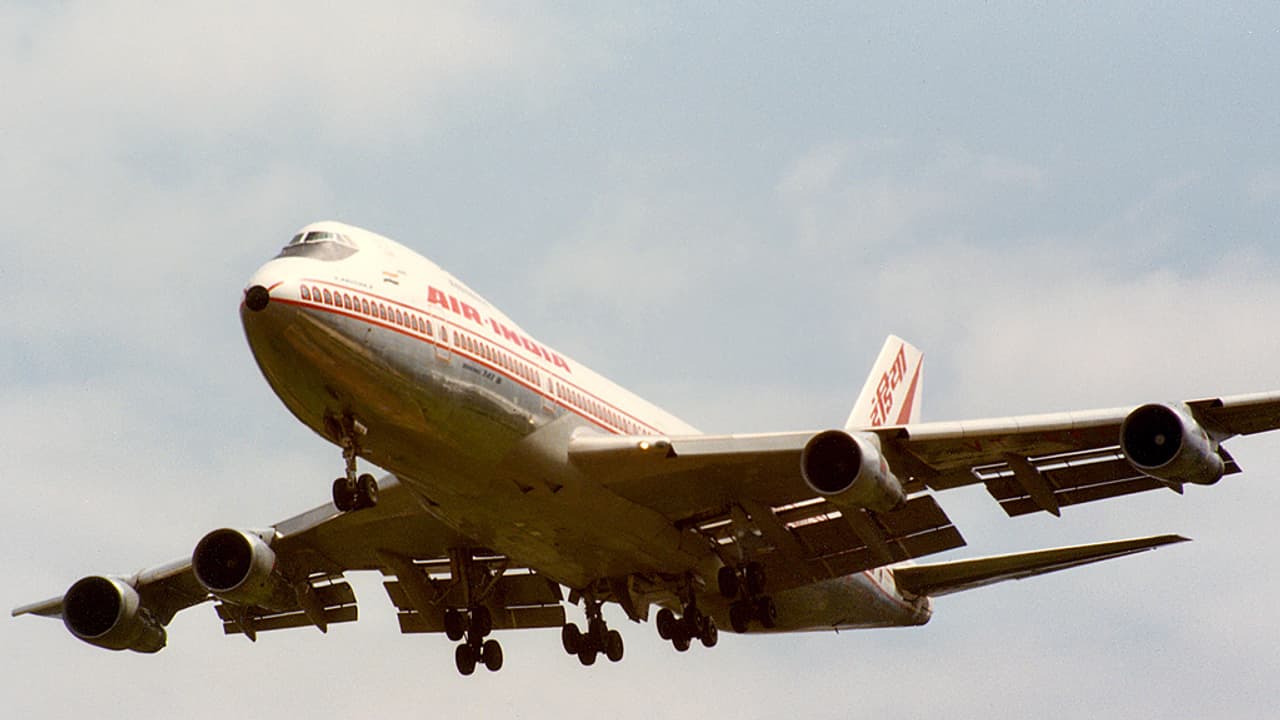A resurfaced 2003 CBC report alleging a CSIS mole in the 1985 Air India bombing plot sparks renewed outrage amidst strained India-Canada relations.
A report published by the Canadian Broadcasting Corporation (CBC) in 2003 has resurfaced and is going viral on social media, causing a fresh wave of outrage over allegations that Canada's security agency, the Canadian Security and Intelligence Service (CSIS), had a mole inside the group responsible for the 1985 Air India Flight 182 bombing. This resurgence comes at a time when India-Canada relations have hit a new low following recent political tensions between the two nations.

The 21-year-old report, based on documents released by the Royal Canadian Mounted Police (RCMP), claims that CSIS planted a mole, Surjan Singh Gill, within the group that orchestrated the Air India bombing. However, the agency allegedly pulled Gill out at the last minute to ensure he would not be implicated in the attack. The report, which remained controversial at the time of its publication, has drawn renewed attention amid a broader diplomatic fallout between Ottawa and New Delhi.
The CBC report, published in 2003, detailed how CSIS had embedded Gill within the Khalistani separatist group, which was plotting the bombing. Gill, who identified himself as the consul-general of the self-declared state of Khalistan, was reportedly "involved right from the start" and was directed by unknown individuals to stay involved and gather intelligence on the group's activities. However, just before the bombing, CSIS allegedly instructed Gill to distance himself from the plot.
"They told him to get out of there. That things are happening and you can't be seen as part of that," RCMP Sergeant Jim Hunter revealed in an interview with CBC at the time. Despite Gill’s involvement, he was never charged in connection with the bombing and eventually relocated to London, where he has since lived.
The same CBC report also accused CSIS of destroying critical wiretap evidence related to the Air India bombing investigation. According to the report, "hundreds of wiretaps" were erased, potentially hindering efforts to fully unravel the conspiracy behind the bombing. The destruction of evidence has long been a point of contention in Canada, especially among the families of the victims who have sought accountability for decades.
The resurfacing of the 2003 report comes during a particularly tense period in India-Canada relations. Diplomatic ties between the two nations were significantly strained after Canadian Prime Minister Justin Trudeau accused Indian diplomats of involvement in the killing of Hardeep Singh Nijjar, a Khalistani terrorist and Canadian citizen. These allegations, which remain unsubstantiated, have been firmly rejected by the Indian government, further deepening the diplomatic rift.
On Monday, Khalistani terrorist Gurpatwant Singh Pannun issued a threat of an attack on Air India between November 1 and 19, urging people to avoid flying on its planes. Pannun, a dual American-Canadian citizen, made the threat ahead of the 40th anniversary of the 1984 anti-Sikh riots.
Here's a look at how netizens reacted to the 2003 report:
The Air India bombing, known as the Kanishka bombing after the name of the aircraft, remains a deeply painful chapter in the history of both Canada and India. The attack, which killed 329 people, including 268 Canadian citizens of mostly Indian descent, is the deadliest terrorist attack in Canadian history.
On June 23, 1985, Air India Flight 182, en route from Canada to India with a stopover in London, exploded off the coast of Ireland, killing all 329 passengers and crew on board. The explosion was caused by a bomb hidden in a suitcase, which had been transferred onto the plane despite the fact that the ticket holder who checked the bag never boarded the flight. Of the victims, only 131 bodies were recovered from the sea, leaving families devastated and seeking justice for years.
The bomb had allegedly been planted by Khalistani extremists in Canada as part of a coordinated effort to target India in retaliation for the Indian government’s crackdown on Sikh separatists. A second bomb was set to explode on another Air India flight departing from Japan, but it detonated prematurely, killing two baggage handlers at Tokyo's Narita Airport.
The Air India bombing has been the subject of multiple investigations, inquiries, and trials over the years, but justice has been elusive for many of the victims' families. Although several individuals were charged in connection with the plot, the complex nature of the investigation and the destruction of crucial evidence made securing convictions difficult.
Ajaib Singh Bagri, one of the accused, was arrested in October 2000 and was one of the key figures named in the CBC report. The RCMP’s investigation and trial, however, were marred by accusations of mishandling and evidence tampering. Gill, the alleged mole, was never charged, and his exact role in the events leading up to the bombing remains a subject of debate.
Despite the passage of nearly four decades, Canadian law enforcement continues to assert that the investigation into the Air India bombing is ongoing. As the CBC report circulates once again, it underscores the complex relationship between Canada and India, particularly regarding issues related to Khalistani extremism. The ongoing diplomatic row, sparked by Trudeau’s allegations, has only intensified the scrutiny on Canada’s handling of past terrorist activities linked to the Khalistan movement. With public anger rising on both sides, the 1985 Air India bombing remains a tragic reminder of the enduring consequences of extremism and the challenges of securing justice decades after the fact.
